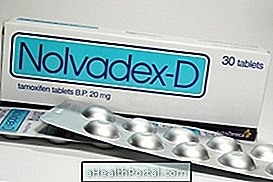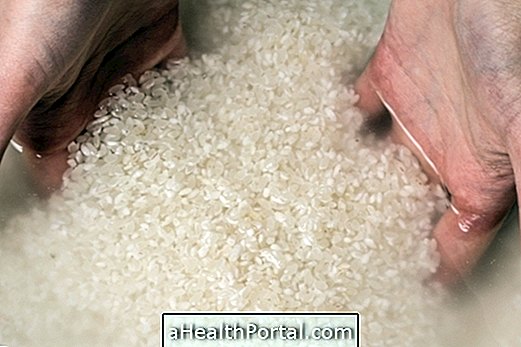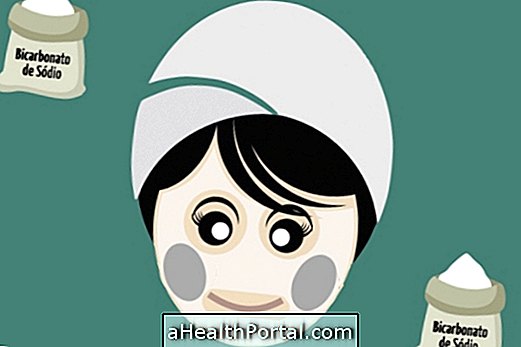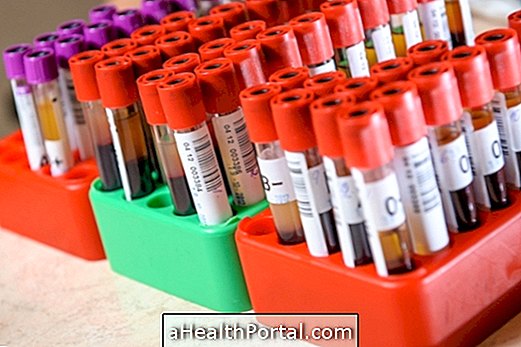Some medications, such as antiallergics, corticosteroids, and even contraceptives, can have the side effect of gaining weight by up to 4 kg per month, especially when they contain hormones or are used for several weeks or months.
Although the mechanism is not well known, weight gain usually occurs because medications influence the production of some hormones that can lead to increased appetite. However, there are also others that can facilitate fluid retention or reduce metabolism, making it easier to gain weight.
Others, such as antidepressants, may gain weight simply by producing the expected effect. In this case, for example, by improving mood and giving more disposition, antidepressants also make the person feel more appetite and eat more.

Remedies that can put on weight fast
Not all medicines that can cause weight gain are known yet, but some of the most common side effects include:
- Tricyclic antidepressants such as Amitriptyline, Peroxetine or Nortriptyline;
- Antiallergics, such as Cetirizine or Fexofenadine;
- Corticoids, such as Prednisone, Methylprednisolone or Hydrocortisone;
- Antipsychotics, such as Clozapine, Lithium, Olanzapine or Risperidone;
- Antipyretics such as Valproate or Carbamazepine;
- High blood pressure medicines such as Metoprolol or Atenolol;
- Remedies for diabetes, Glipizide or Gliburide;
- Contraceptive, such as Diane 35 and Yasmin.
However, there are also many people who can take these medicines without any change in weight and therefore should not stop taking the medicine just for fear of gaining weight.
If there is an increase in weight related to the use of any of these medicines, it is advisable to consult again the doctor who prescribed it, to evaluate the hypothesis of replacing it with a similar one that presents a lower risk of gaining weight.
Check out a more complete list of the medicines that get fat and why this happens.
How to know if it is the medication's fault
The easiest way to suspect that a drug is causing weight gain is when this increase starts early in the first month that you started taking a new drug.
However, there are also cases in which the person only begins to gain weight some time after already taking a medicine. In these cases, if the weight gain is greater than 2 kg per month and the person is maintaining the same rate of exercise and diet as before, it is likely that he is gaining weight because of some medication, especially if fluid retention is occurring .
Although the only way to confirm it is by consulting the doctor who prescribed the medicine, it is also possible to read the package leaflet and to evaluate if the increase in weight or appetite is one of the side effects.
What to do if suspicion exists
If it is suspected that some medicine is getting fat, it is advised to consult the doctor before stopping the medication, because in some situations stopping treatment may be more harmful than weight gain.
In almost all cases, the doctor may choose another medicine with a similar effect that has a lower risk of weight gain.
How to prevent weight gain
As in any other situation, the process of weight gain can only be stopped with the decrease of calories in the body, which can be achieved through physical exercise and a balanced diet. So even though a drug may be gaining weight, it is important to maintain a healthy lifestyle so that it is small or non-existent.
In addition, it is also very important to inform the doctor immediately or go through all the review visits so that the effect of the remedy is re-evaluated and the treatment appropriate to the needs of each person.
Here's an example of a diet you should keep during treatment with any fat-burning medicine.























